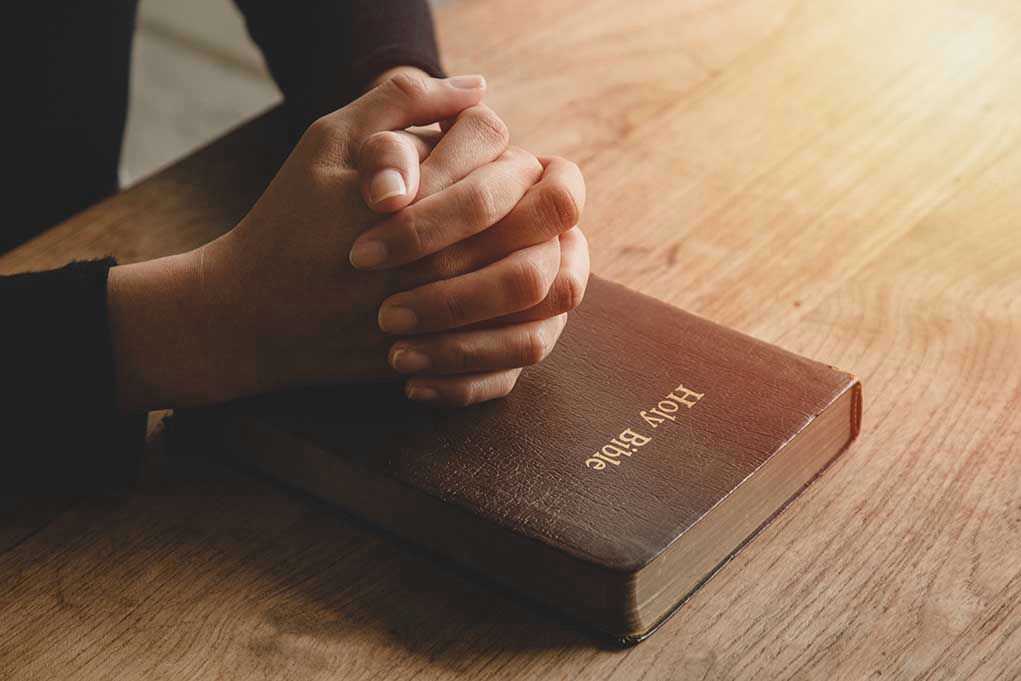
Federal employees now have the explicit right to openly express their religious beliefs in the workplace, a move that’s infuriating the left and restoring a dose of common sense to government after years of bureaucratic overreach and woke suppression.
At a Glance
- Trump administration issues sweeping new guidance protecting religious expression for all federal employees
- Federal workers may now display religious items, pray in groups, and discuss their faith without fear of reprisal
- Move follows the Supreme Court’s Groff v. DeJoy decision raising the standard for religious accommodation
- Guidance marks a significant shift away from the previous administration’s ambiguous and weak enforcement
Trump Administration Restores Religious Freedom in Federal Workplaces
Federal employees across the country woke up to a new reality: under President Trump’s leadership, the Office of Personnel Management (OPM) has mandated that every federal agency must actively protect religious expression in the workplace. This isn’t just a symbolic gesture. The OPM’s memo, issued July 28, 2025, shreds the old, watered-down policies that left Americans of faith second-guessing whether they could keep a Bible on their desk or pray with colleagues during their lunch break. The leftist bureaucracies that spent years stamping out faith in the name of “inclusivity” are now required to respect and accommodate religious beliefs—period. No more fear of HR witch-hunts for so much as a cross necklace or a prayer group in a break room. The Trump administration is making good on its promise to restore the rights that the Constitution guarantees, and it’s about time.
Trump admin issues new guidance to protect religious expression across federal workforcehttps://t.co/XVt6zbcD3v
— Karoline Leavitt (@PressSec) July 28, 2025
Director Scott Kupor of the OPM made it clear: “Federal employees should never have to choose between their faith and their career. This guidance ensures the federal workplace is not just compliant with the law but welcoming to Americans of all faiths.” That’s a far cry from the previous administration, where faith meant walking on eggshells and waiting for the next memo from the Diversity and Inclusion Police.
Supreme Court Precedent Forces Bureaucracy to Respect Faith
This game-changing directive isn’t coming out of thin air. It follows the Supreme Court’s landmark 2023 Groff v. DeJoy decision, which raised the bar for what counts as an “undue hardship” when accommodating religious practices. No longer can federal managers claim it’s too much trouble to let someone swap a shift for a religious holiday or wear a yarmulke on the job. The Court made it clear: faith accommodations are the law, and government agencies need to get in line. For decades, Title VII of the Civil Rights Act of 1964 demanded religious accommodations, but the enforcement was consistently wishy-washy—especially when the left ran the show. Now, thanks to Trump’s directive, the rules are clear, the standards are strong, and the era of limp-wristed “guidance” is over.
Before this, federal workers had to hope their managers would “interpret” the rules generously. The new OPM memo spells it out in black and white: religious displays are allowed, prayer groups are protected, and employees can talk about their faith without fear. This is a decisive victory for religious Americans who were tired of being treated like second-class citizens in their own country—while every other agenda, no matter how fringe, got top billing and endless taxpayer-funded support.
Agencies Scramble to Adapt—Left Complains About “Church and State”
Agencies now face the task of overhauling their internal policies, retraining managers, and handling a likely wave of accommodation requests. The guidance applies to every single federal agency, from the IRS to the Department of Education, and implementation is already underway. Managers are being told in no uncertain terms: respect faith or risk a lawsuit—and this time, the courts have the employees’ backs. The left, predictably, is losing its mind. Critics whine about “favoritism” and “church-state separation,” but those arguments ring hollow when you look at the law and recent Supreme Court decisions supporting robust religious protections.
The impact is already being felt. Employees of all faiths—Christian, Jewish, Muslim, and others—now have the confidence to bring their whole selves to work. Meanwhile, government HR departments are scrambling to update training materials and figure out how to comply with the new standards. The days of quiet faith and loud wokeness are, hopefully, coming to an end in federal offices across America.
Constitutional Rights Restored—Americans Win, Bureaucrats Lose
This new guidance might be the biggest win for religious liberty in federal employment in decades. It’s a direct response to years of bureaucratic erosion of basic rights, all under the guise of “diversity” and “tolerance”—concepts that somehow never seemed to extend to Christians or any traditional faith. Now, federal employees no longer have to hide their beliefs or worry that living out their faith will cost them a promotion or their job. The Trump administration is putting the Constitution back at the center of public life, not as an afterthought or an obstacle, but as the foundation it was always meant to be.
Legal and HR experts agree: the new OPM guidance, combined with Supreme Court precedent, makes religious accommodation the rule, not the exception. Of course, there will be court challenges—there always are when the left loses its grip on the levers of power. But for now, it’s a new day in Washington, D.C.—and for millions of Americans of faith, that’s a reason to celebrate.











